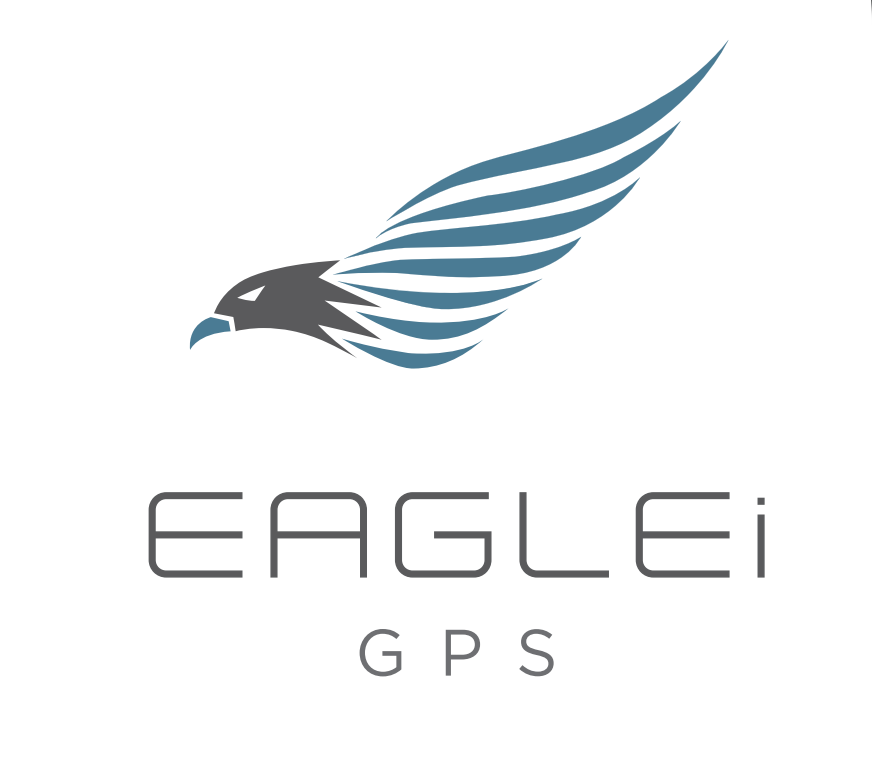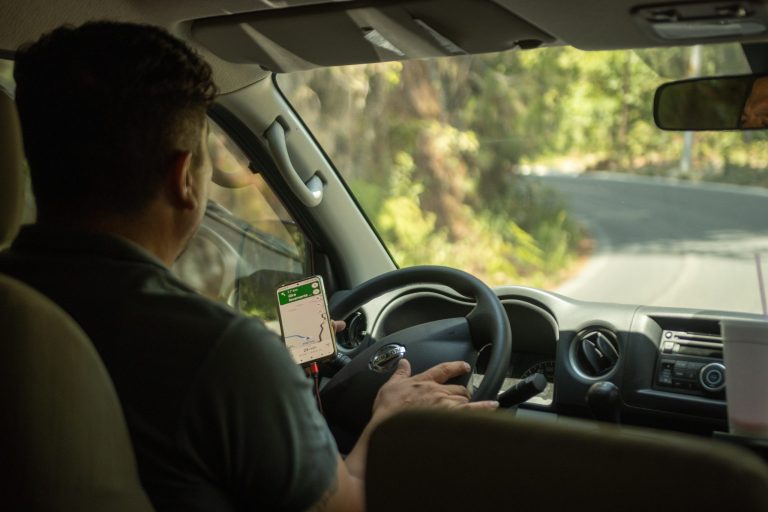Tackling Canadian Terrain: Weather Challenges and GPS Fleet Tracking
Canada’s majestic landscapes, stretching from the Pacific to the Atlantic and northward into the Arctic Ocean, present both awe-inspiring beauty and daunting challenges for the transportation industry. The country’s vast terrain encompasses a diverse range of weather conditions, from snowy winters to wet springs and everything in between. In such a setting, GPS fleet tracking emerges as an invaluable tool, ensuring safe and efficient navigation through the unpredictabilities of Canadian weather. Let’s explore how this technology is shaping the way fleets tackle the Canadian terrain.
The Canadian Weather Challenge
It’s no secret that Canada faces some of the most diverse and challenging weather conditions globally. Whether it’s the heavy snowfalls in the Rockies, the icy conditions in the Prairies, or the fog-laden coasts of the Maritimes, each region has its unique climatic challenges. For businesses, especially those in transportation and logistics, these conditions can translate to delayed shipments, increased operational costs, and safety concerns for their fleet and drivers.
GPS Fleet Tracking: Navigating the Unpredictable
Amidst these challenges, GPS fleet tracking stands out as a beacon of innovation, guiding fleets safely through adverse conditions.
1. Real-time Weather Updates: The Proactive Approach
- Staying Informed: Modern GPS fleet tracking systems are equipped to provide real-time weather updates, ensuring that drivers and fleet managers are never caught off guard. By staying updated on impending snowstorms, heavy rainfalls, or foggy conditions, fleets can make informed decisions on the go.
- Mitigating Risks: With real-time data, risks associated with adverse weather—like roadblocks, slippery conditions, or reduced visibility—can be anticipated and mitigated. It allows for better planning and ensures the safety of drivers and assets.
2. Route Alterations: The Power of Adaptability
- Dynamic Route Planning: One of the standout features of advanced GPS fleet tracking systems is the ability to dynamically alter routes based on real-time conditions. If a particular route is deemed unsafe due to ice build-up or flooding, the system can suggest alternate, safer routes.
- Efficiency Meets Safety: By adapting to conditions, businesses can ensure timely deliveries without compromising safety. It strikes a balance between maintaining operational efficiency and ensuring that drivers aren’t exposed to unnecessary risks.
Conclusion
Canada’s diverse weather conditions, while beautiful, present a logistical puzzle for the transportation industry. However, with the advent and adoption of GPS fleet tracking, businesses are better equipped than ever to navigate the challenges of the Canadian terrain. By staying ahead of Mother Nature and adapting in real-time, they ensure safety, efficiency, and reliability, no matter what the skies might hold.






